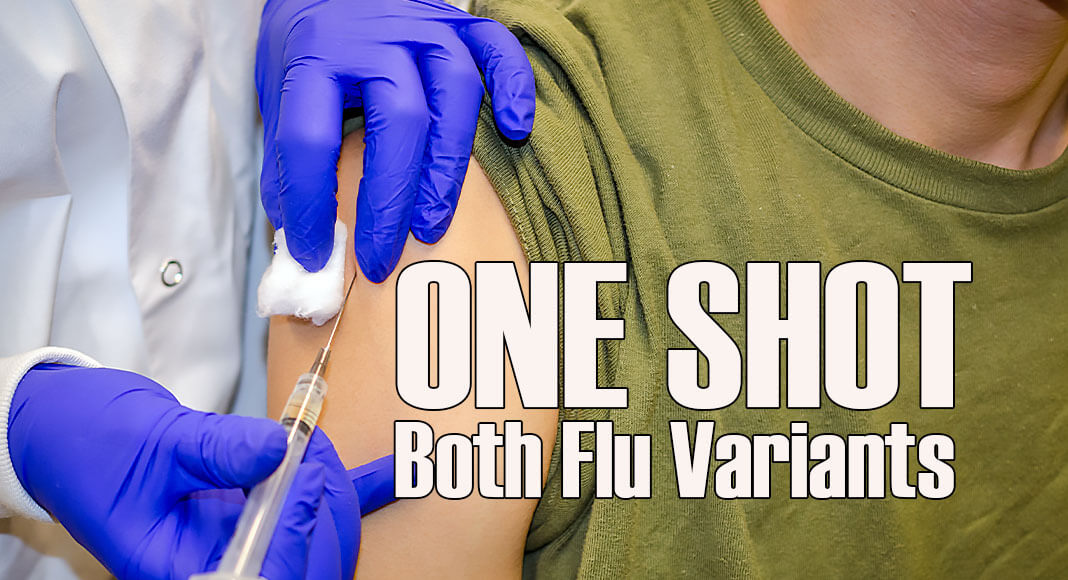
Mega Doctor News
Newswise – ATLANTA – A new universal flu vaccine protects against diverse variants of both influenza A and B viruses in mice, according to a new study by researchers in the Institute for Biomedical Sciences at Georgia State University.
The researchers designed a single, universal influenza vaccine candidate with key cross-protective, less variable parts of the influenza A and B viruses: multi-neuraminidase protein subtypes known to be major antiviral drug targets and the universally conserved M2 ectodomain protein.
The findings, published in the journal PLOS Pathogens, report that mice vaccinated with an immune stimulating virus-like particle displaying multiple neuraminidase subtypes and conserved M2 portions of antigens (foreign proteins that induce immune responses) were protected against influenza A seasonal variants and pandemic potential viruses (H1N1, H5N1, H3N2, H9N2 and H7N9) and influenza B (Yamagata and Victoria lineage) viruses containing substantial antigenic variations.
Viral variants occur when flu pathogens change their major surface hemagglutinin protein that binds to host receptor molecules. Continuous mutational changes in the flu hemagglutinin proteins cause the emergence of variants that have escaped the host immune system, leading to severe flu disease.
Current influenza vaccines are based on strain-specific immunity to hemagglutinin, a highly variable target of immune protection. Annual influenza vaccination is recommended, but the effectiveness of the seasonal vaccine is unpredictable and could be below 20 percent because of continuous changes in hemagglutinin proteins. Therefore, influenza remains a high risk to human health worldwide.
“We developed a single, universal vaccine entity that induced immunity to conserved M2 ectodomain and multi subtype neuraminidase proteins and was found to be effective in conferring broad cross protection against antigenically diverse influenza A and B viruses in young and aged mice,” said Dr. Sang-Moo Kang, senior author of the study and a professor in the Institute for Biomedical Sciences at Georgia State. “This study provides impactful insight into developing a universal influenza vaccine inducing broad immunity against both flu A and B variants in young and aged populations.”
This study supports a novel strategy for creating a universal vaccine against influenza A and B viruses. A single construct displaying multiple cross protective proteins has the capacity to induce immunity to M2 and multi-subtype neuraminidase proteins of influenza A and B viruses, as well as offer broad cross protection against sickness and mortality under lethal flu virus challenges in mice, according to the study.
Vaccinating mice with this universal vaccine candidate induced broad neuraminidase inhibition, M2 ectodomain specific antibodies and T cell immune responses. Comparable cross protection was induced in aged mice.
The study warrants further testing of this unique, universal vaccine candidate in ferrets, which have similar respiratory tracts to humans.
Co-authors of the study include Ki-Hye Kim (co-first author), Zhuo Li (co-first author), Noopur Bhatnagar, Jeeva Subbiah, Bo Ryoung Park, Chong Hyun Shin, Bao-Zhong Wang and Sang-Moo Kang of the Institute for Biomedical Sciences at Georgia State; and Peter Pushko of Medigen Inc.
The study is funded by the National Institute of Allergy and Infectious Diseases (NIAID) of the National Institutes of Health (NIH).









